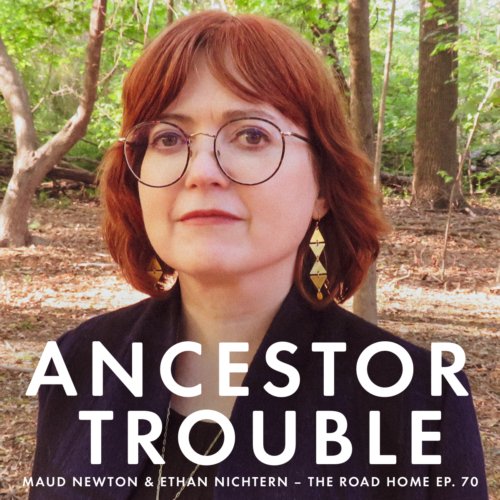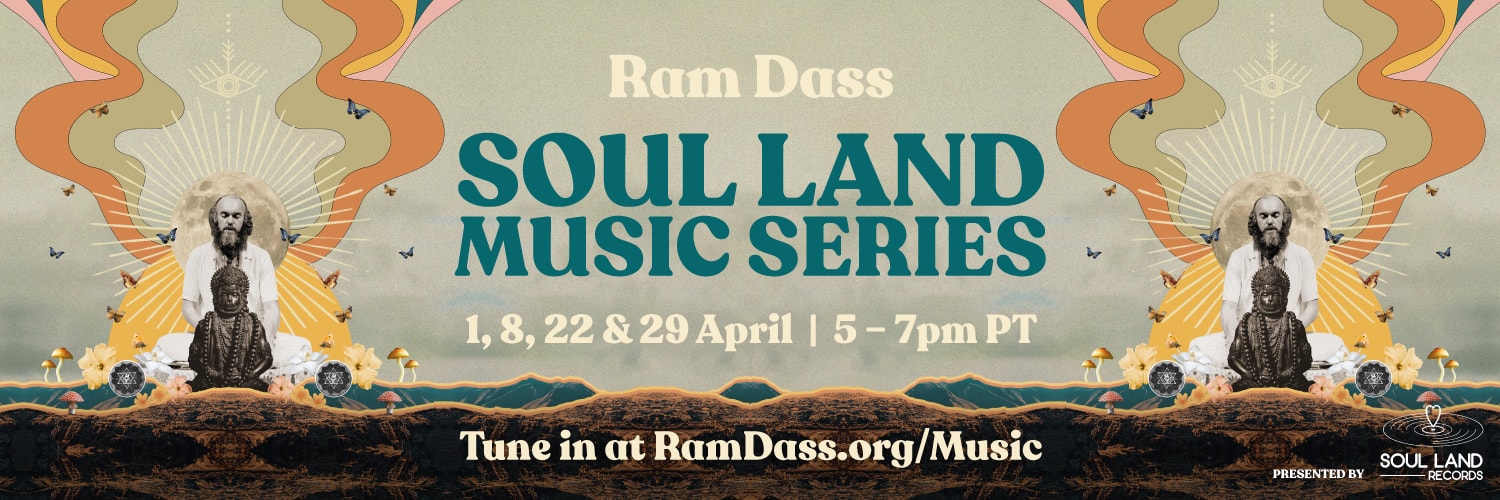
Ethan Nichtern and Maud Newton discuss personal and collective origin stories, and how ancestral spirituality can help us heal generational trauma.
Maud Newton is a writer and critic. She has written personal essays, cultural criticism, and fiction. Maud was born in Dallas, grew up in Miami, and graduated from the University of Florida with degrees in English and law. Eventually, she moved to Brooklyn, and for the past five years, she’s lived on Lenape Land in Queens. She started blogging in 2002 with the aim of finding others who were passionate about books, culture, and politics, and establishing an informal place to write about her life and family. Ancestor Trouble: A Reckoning and a Reconciliation (Random House, March 29, 2022), her first book, has been named one of Esquire’s best books of 2022.
Ancestor Trouble
Ethan and Maud discuss the precursors of her memoir and what led her to finally write down her family’s history. She says:
“For a long time, I was really resistant. It seemed like I would be locking myself in a closet with the dysfunctions of my childhood. But as I started looking backward, had a lot of therapy, and started meditating, I became more interested in the ways that all of these patterns were coming down through the family.”
Maud was fascinated by the ideas of inheritance, intergenerational trauma, racism, and spirituality. In her book, she was able to weave in her personal story about her immediate family with the larger idea of collective ancestry across many generations.
For more information on our interconnectedness and generational trauma listen to Ep. 51 of Francesca Maximé’s ReRooted: All My Relations with Shirley Turcotte, RCC
Contradicting Feelings Towards The Past (7:45)
Ethan poses the idea that in America we are simultaneously afraid of and obsessed with our pasts. Maud believes that our ancestors very directly affect who we are and what is possible for us. Perhaps this causes us a spiritual yearning to know the terrain of our ancestors’ lives and how we originated. This spiritual pull can be much stronger than a desire to know facts about previous generations.
A Mass Movement (15:22)
As Americans, our ancestors often have involvement in slavery, indigenous genocide, and other awful histories. Even if our immediate family line has not participated, it is still important to recognize how prior generations have implicated us. What have you done to aid in healing your family’s generational trauma or missteps? Maud suggests an idea for anyone looking to take accountability for their white privilege or the wrongdoings of their ancestors. Individuals can look into starting or being a part of a mass movement. They can step forward, acknowledge what their ancestors have done, and become tender to their feelings about history.
For additional guidance on healing collective trauma check out Ep. 145 of Sharon Salzberg’s Metta Hour: Healing Collective Trauma, w/ Thomas Hubl.
Ancestral Spirituality (24:20)
Maud covers how we can connect to our ancestors through repeating rituals that our ancestors partook in. We can also practice meditation, contemplate on our ancestors’ lives, and sit with our feelings about the activities our ancestors participated in. In Buddhism, there is a practice where people invoke masters of the lineage during ceremonies. There are many ways in which spirituality can assist our ancestral understanding and healing.
“I began to feel like I had access to this very personal kind of divinity, that the people I came from had done these really terrible kinds of things, but there were also different kinds of wisdom and power that I had access to.”

